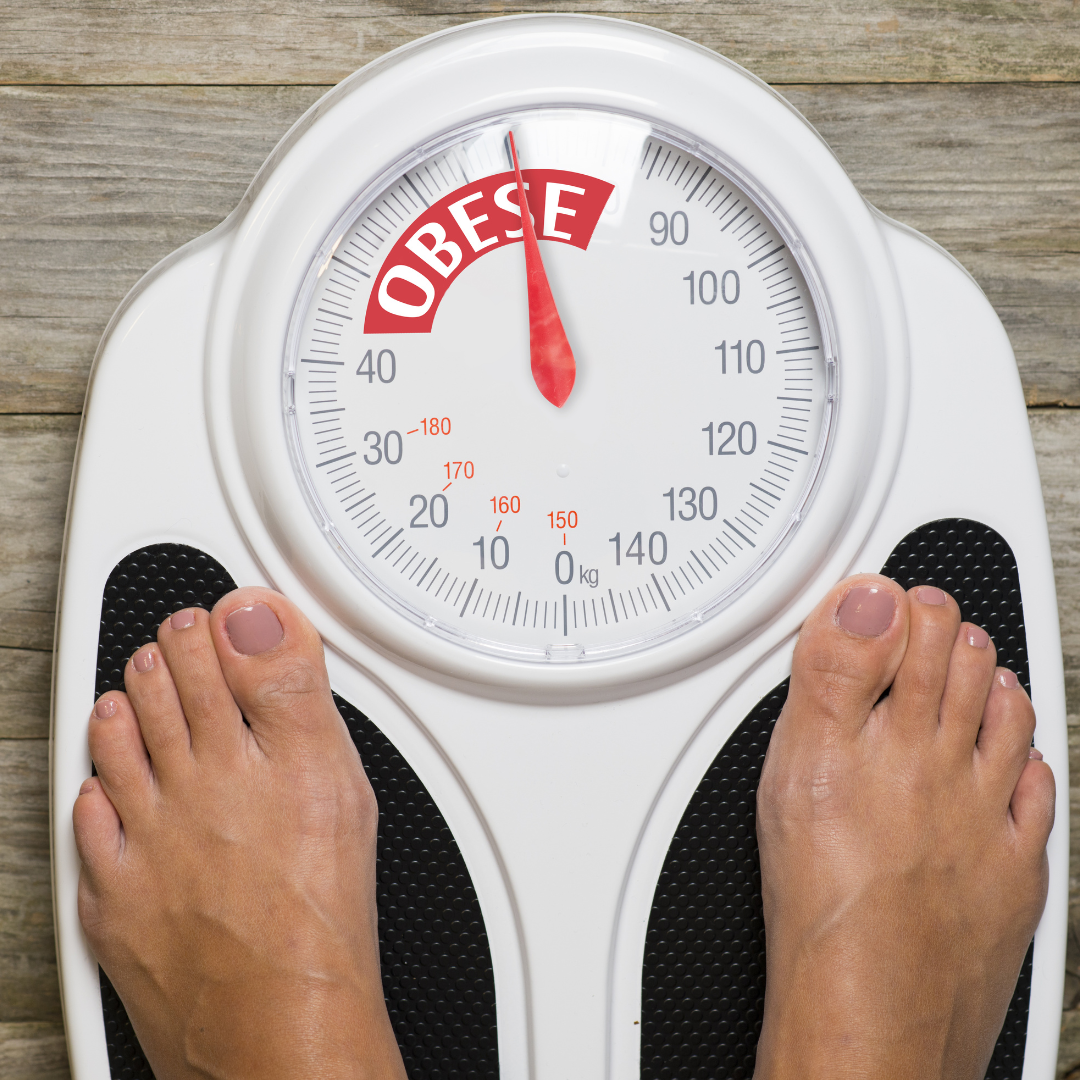Obesity Reversal

Obesity Reversal
In today's fast-paced world, both men and women face unique challenges in maintaining health and wellness. Obesity, a widespread health issue, affects individuals worldwide due to various factors such as hormonal changes, sedentary lifestyles, and unhealthy eating habits. Excessive body fat impacts not only physical appearance but also increases the risk of diabetes, heart disease, and other health complications. Ayurveda, the ancient Indian system of medicine, offers effective and natural solutions to combat obesity and manage related lifestyle diseases by identifying and addressing their root causes.
Root Causes (Nidanas) of Obesity
Obesity is a metabolic disorder typically resulting from an imbalance between energy intake and expenditure. It is particularly prevalent in affluent societies and is often associated with sedentary lifestyles and unhealthy dietary habits. In Ayurveda, the root causes of obesity include:
- Dietary Causes: Excessive consumption of energy-dense foods high in fat and carbohydrates.
- Behavioral Causes: Lack of physical activity, irregular food habits, and excessive daytime sleeping.
- Psychological Causes: Stress, anxiety, and other mental health issues.
- Miscellaneous Causes: Age, sex, genetics, endocrine disorders, medications (e.g., steroids, oral contraceptives), and improper administration of therapeutic measures.
Ayurveda categorizes obesity (Sthaulya) and excess fat tissue (Medovriddhi) as conditions resulting from an imbalance of the doshas, with Medovriddhi being the initial stage that can progress to Sthaulya if left unchecked.

The Ayurvedic Approach: Beyond BMI
Ayurveda emphasizes that each individual's body type (Prakriti) has unique traits, and a healthy Body Mass Index (BMI) range can vary accordingly. Instead of solely relying on BMI, Ayurvedic assessments focus on understanding one's body constitution (Vata, Pitta, Kapha) to develop personalized treatment plans. This holistic approach ensures that treatments are tailored to the specific needs and imbalances of each individual, promoting sustainable and effective weight management.

Root Causes (Nidanas) of Obesity
Obesity is a metabolic disorder typically resulting from an imbalance between energy intake and expenditure. It is particularly prevalent in affluent societies and is often associated with sedentary lifestyles and unhealthy dietary habits. In Ayurveda, the root causes of obesity include:
- Dietary Causes: Excessive consumption of energy-dense foods high in fat and carbohydrates.
- Behavioral Causes: Lack of physical activity, irregular food habits, and excessive daytime sleeping.
- Psychological Causes: Stress, anxiety, and other mental health issues.
- Miscellaneous Causes: Age, sex, genetics, endocrine disorders, medications (e.g., steroids, oral contraceptives), and improper administration of therapeutic measures.
Ayurveda categorizes obesity (Sthaulya) and excess fat tissue (Medovriddhi) as conditions resulting from an imbalance of the doshas, with Medovriddhi being the initial stage that can progress to Sthaulya if left unchecked.

Panchakarma (Shodhan) Therapies at Kiaan Ayurveda
Panchakarma is a cornerstone of Ayurvedic treatment, focusing on detoxification and rejuvenation to balance the doshas and improve overall health. At Kiaan Ayurveda, the following Panchakarma therapies are recommended for managing obesity:
- Vaman (Therapeutic Emesis): Induces vomiting to cleanse the upper digestive tract.
- Virechan (Therapeutic Purgation): Cleanses the lower digestive tract through purgation.
- Lekhan Vasti (Medicated Enema): Administers medicated enemas to cleanse the colon.
These therapies help eliminate toxins (Ama) from the body, reduce excess fat, and restore balance to the doshas.

Palliative (Shamana) Methods of Treatment at Kiaan Ayurveda
Alongside Panchakarma, Kiaan Ayurveda offers palliative treatments to manage obesity through natural and holistic approaches. These include:
- Langhan (Fasting): Controlled fasting to enhance metabolism and burn excess fat.
- Ama Pachan: Use of digestive herbs to improve metabolism and reduce fat.
- Ruksha Udwartan (Dry Medicated Powder Massage): Stimulates circulation and aids in fat reduction.
- Herbal Remedies: Use of single herbs like Guduchi, Vidanga, Musta, Sunthi, Amla, Vaca, and compound formulations like Trikatu, Navak Guggulu, Triphala Guggulu, Vidangadi Churna, Takrarishta, and Arogya Vardhini Vati to manage weight and improve overall health.

Do's
Diet:
- Consume low-fat, low-calorie foods.
- Include high-protein foods to stay fuller for longer.
- Prefer steamed, boiled, or baked vegetables over fried ones.
- Eat frequent small meals to avoid cravings.
- Drink skimmed milk and warm water.
- Incorporate healthy foods like oatmeal, walnuts, salads, bitter gourd, drumstick, barley, wheat, green gram, honey, Indian gooseberry, pomegranate, and skimmed buttermilk.
- Use lemon in diet and drinks.
Physical Activity:
- Engage in mild to moderate exercise according to individual capacity.
- Develop a regular habit of brisk morning walks for at least 30 minutes.
- Practice yoga and meditation to manage stress and promote mental clarity.
Do's and Don'ts (Pathya-Apathya) in Obesity Management
Maintaining a healthy lifestyle is crucial for managing obesity. Kiaan Ayurveda provides the following guidelines:

Don'ts
Diet:
- Avoid high-carbohydrate vegetables like potatoes and rice.
- Limit sugary or sweet products, excessive dairy products, fried and oily foods, fast foods, and excessive salt.
Lifestyle:
- Avoid sedentary habits and excessive sleep.
- Refrain from watching TV while eating.
- Avoid alcohol and smoking.
Kiaan Ayurveda
Online Ayurvedic Consultation
Share

Contact form
Kiaan Ayurveda for Beginners
Building a Strong Foundation: Understanding Your Body’s Natural Rhythms
Starting your journey with Ayurveda is a transformative step towards achieving balance and well-being in your life. Ayurveda, an ancient practice rooted in the wisdom of the Atharvaveda, teaches us the importance of living in tune with the natural cycles of day and night. By aligning with these rhythms—often referred to as the body’s internal clock—you can unlock the path to improved health and vitality.
At Kiaan Ayurveda, we believe that understanding and respecting these natural cycles is the first and most important step in your wellness journey. By doing so, you’ll be better equipped to nurture your body, mind, and spirit. This journey is designed to guide you as you build confidence and experience the profound benefits that Ayurveda has to offer.
1. Prioritize Early Bedtimes
One of the key principles in Ayurveda is to go to bed by 10:00 PM. This timing aligns with your body’s natural restorative processes. Staying up past this hour can shift you into what’s known as "Pitta time" (10:00 PM to 2:00 AM)—a period when your body is actively processing the day’s experiences, including food, thoughts, and emotions.
Staying awake during this time might give you a burst of energy, often mistaken for a "second wind." However, this is actually your body working overtime to process everything from the day. This can lead to disruptions in sleep and long-term imbalances in your health. By going to bed early, you allow your body to engage in its natural healing processes, promoting better overall well-being.
2. Rise Before Dawn
Waking up before the sun rises, during what Ayurveda calls "Vata time" (2:00 AM to 6:00 AM), sets a positive tone for your day. Vata is associated with movement and creativity, and rising early allows you to tap into this dynamic energy, keeping you energized and focused throughout the day. On the other hand, waking up after the sun rises, during "Kapha time" (6:00 AM to 10:00 AM), can leave you feeling sluggish and heavy.
Starting your day even just 10-20 minutes before sunrise can make a significant difference in how you feel, helping you to maintain energy and clarity throughout the day.
3. Opt for a Light Dinner, Early in the Evening
In Ayurveda, it’s recommended to have a small dinner no later than 7:00 PM. Many people tend to skip lunch or eat very lightly during the day, which can lead to overeating at dinner. Ayurveda teaches that our digestive fire, or "Agni," is weaker in the evening, making it harder for your body to process large meals. Overeating at night can result in undigested food lingering in your system, which may lead to weight gain, mental fog, and a feeling of heaviness the next morning.
By enjoying a substantial lunch and a lighter dinner, you align with your body’s natural digestive rhythms, leading to better digestion, mental clarity, and restful sleep.
4. Incorporate Daily Movement
Regular physical activity is vital in Ayurveda. It doesn’t have to be intense; just 15 to 30 minutes of movement each day can have a profound impact on your overall health. Daily exercise helps to keep your body’s energy flowing and prevents stagnation. Whether it’s a brisk walk, yoga, or a quick jog, consistent movement will energize you, clear your mind, and uplift your mood.
This simple practice is especially important when you’re feeling stressed or overwhelmed, as moving your body is one of the quickest ways to shift your mindset and boost your energy.
5. Practice Mindful Breathing
Breathwork, known as "Pranayama" in Ayurveda, is a powerful tool for restoring your energy and calming your mind. Prana, the life force, is most readily accessed through our breath. Simple breathing exercises, like deep inhalation and exhalation through the nose, can quickly recharge your energy and help you stay focused.
Taking just a few minutes each day for mindful breathing—perhaps during a morning or afternoon break—can significantly enhance your vitality and sense of well-being.
Your Path to Wellness
Starting your Ayurveda journey with these foundational practices can have a profound impact on your life. The key is to start small and build gradually, incorporating these practices into your daily routine. At Kiaan Ayurveda, we invite you to take the first step on this path. By aligning with the timeless wisdom of Ayurveda, you’ll not only improve your physical health but also deepen your connection to yourself.
Begin today, and experience how these simple, consistent practices can transform your life.

